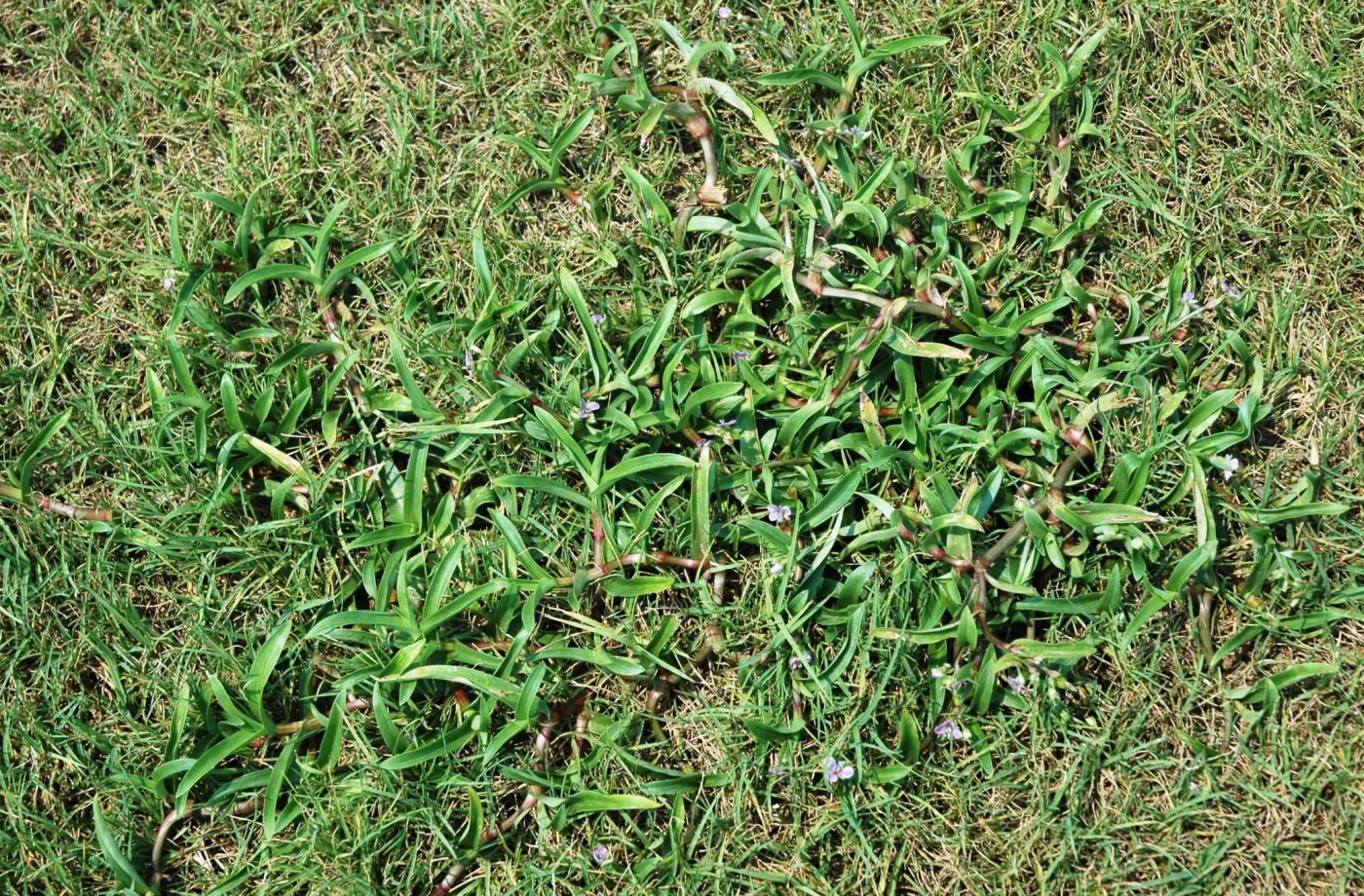I've been getting a lot of people asking me what can be done about all the dove weed, nutsedge, and other weeds they're seeing in their lawn this fall.
The good news is most are summer weeds that will go away soon. The heavy rains from an active storm season made weeds especially prevalent this past year. The bad news is these Gainesville lawn weeds have already left their seeds in the lawn which means they will be back again next year unless something is done over the next few months to prevent them from germinating.
That's why at The Master's, our annual fertilization and weed control program includes fall and winter visits. These are some of the most important visits we make all year, because we are applying preventatives that will keep those seeds from turning into weeds next year.
On these visits we apply a pre-emergent that prevents winter weeds from coming up along with a post-emergent for any broad-leaf weeds that have already sprouted. In late winter, around February and March, we apply a different type of pre-emergent to prevent spring weeds, such as henbit or poa-annual from growing.
All of this means when the lawn comes out of dormancy next April, it won't have to compete with a bunch of weeds and will fill in much more quickly.
Does this prevent all of the weeds? Unfortunately not. There are three types of weeds: annuals (those that come back from seeds each year), biennial (those that have a two-year life cycle) and perennial (those that come back from their roots every year).
Pre-emergents only work on seeds so they are only effective annuals. The other two, biennials such as dandelions or perennials, such as dallisgrass can't be prevented and must be controlled after they have sprouted from their roots.
Preventing the annuals from growing is a great start though and allows us to focus on just the other two types.
I'm often told that some of the gardeners on the radio say a pre-emergent can only be applied in September and ask if our preventative will work when we apply it later.
They are right, what is available at nurseries is only effective during certain times of the year but what we applies is much different. It is more effective than what is available at stores and is applied later in the season.
Another big factor in the success of our winter weed control depends on watering. We apply our pre-emergent in big droplets which makes it fall to the ground instead of misting and blowing around. Once the drops hit the ground they stay on top of the soil. The pre-emergent only starts working when you water the lawn. The water spreads the droplets out evenly across the ground and pushes it down in the soil where the seeds are waiting to come out. Without watering, it sits on top of the soil for a couple of weeks and then eventually disappears which doesn't do any good.
So what does all of this mean to you and your lawn? Having a great lawn next year starts with how you treat your lawn this fall and winter.
As always, if you have a question regarding your Gainesville, Fl lawn weed control give us call at 352.378.5296 or email us at info@themasterslawncare.com. I love to answer your questions and often turn them into Quick Tips to help teach our customers about all things related to lawn and landscaping!


